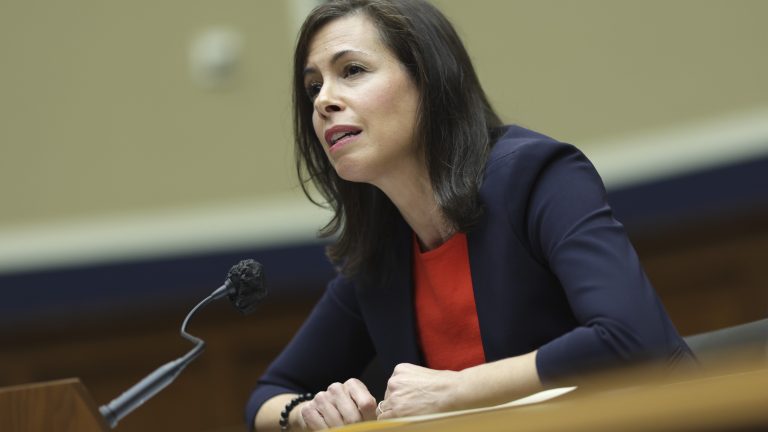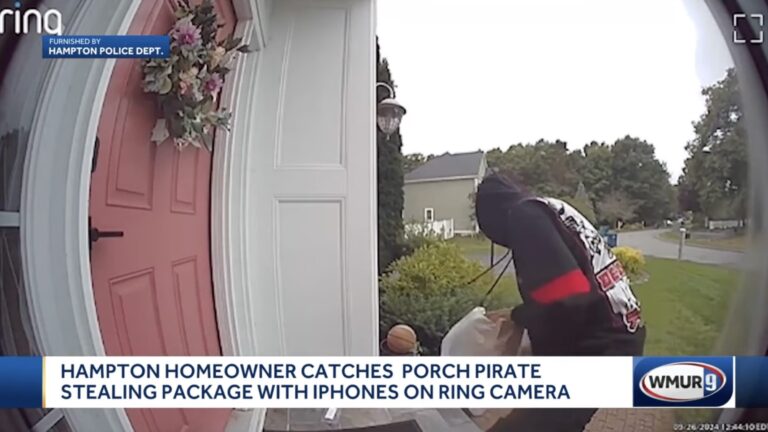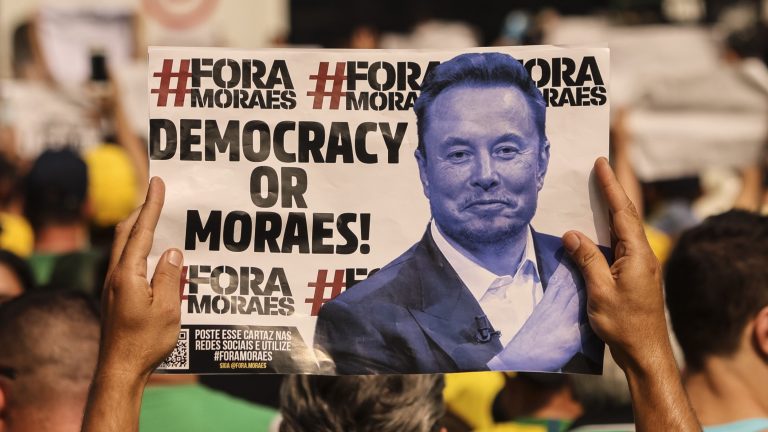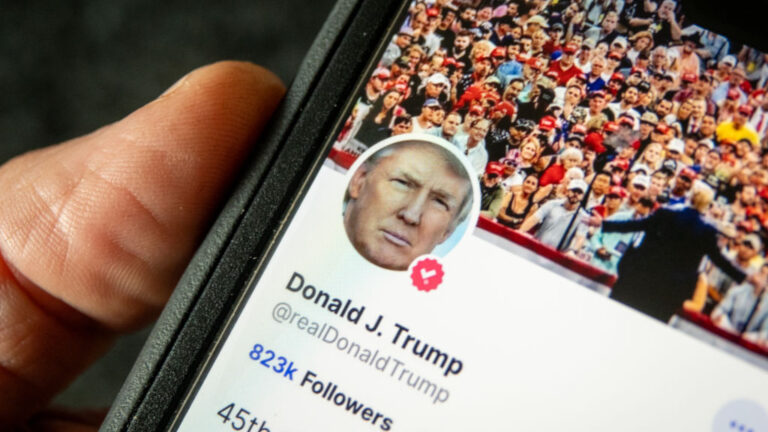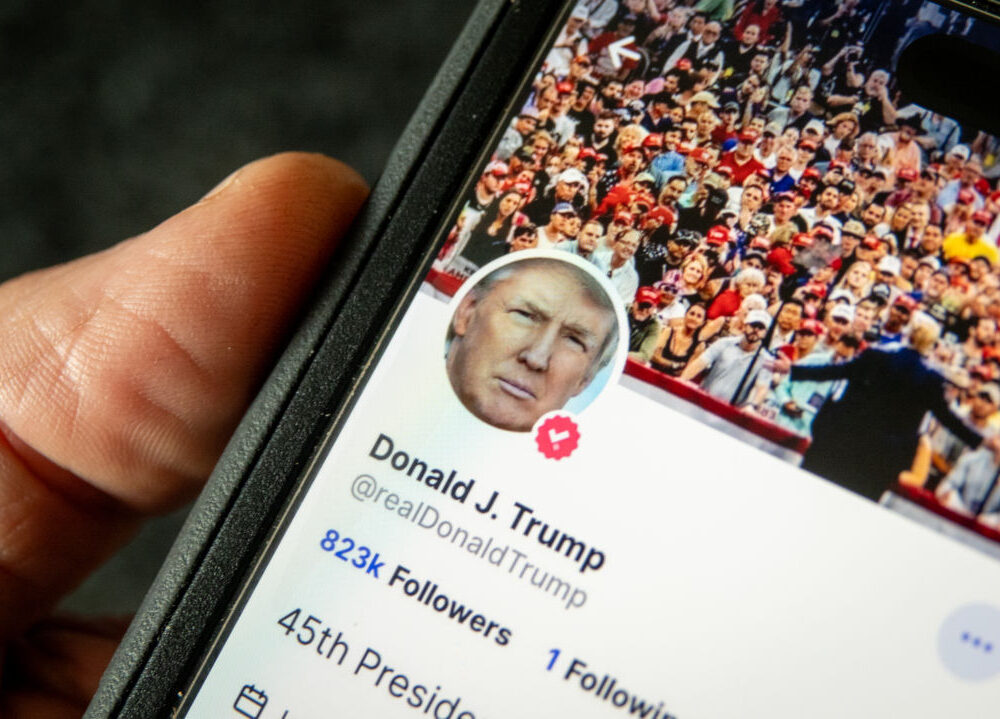Trump wants CBS license revoked; FCC chair explains that isn’t going to happen
“The First Amendment and the Communications Act expressly prohibit the Commission from censoring broadcast matter,” the FCC website says. “Our role in overseeing program content is very limited. We license only individual broadcast stations. We do not license TV or radio networks (such as CBS, NBC, ABC or Fox) or other organizations that stations have relationships with, such as PBS or NPR, except if those entities are also station licensees.”
Trump’s call to punish CBS came about a month after he expressed anger at ABC News debate moderators by saying that ABC should have its license taken away. Rosenworcel criticized Trump in that instance as well.
Rerun from 2017
In October 2017, when Trump was president, he criticized NBC and wrote that “network news has become so partisan, distorted and fake that licenses must be challenged and, if appropriate, revoked.” Democrats on the FCC and in Congress immediately rebuked Trump.
Then-FCC Chairman Ajit Pai, a Republican who was Trump’s selection to chair the agency, weighed in six days later. Pai didn’t make any direct reference to Trump, but said, “I believe in the First Amendment. The FCC under my leadership will stand for the First Amendment. And under the law, the FCC does not have the authority to revoke a license of a broadcast station based on the content of a particular newscast.”
Earlier this week, Rosenworcel criticized a legal threat that Florida state government officials issued to broadcast TV stations over the airing of a political ad that criticized abortion restrictions in Florida’s Heartbeat Protection Act.
“The right of broadcasters to speak freely is rooted in the First Amendment,” Rosenworcel said. “Threats against broadcast stations for airing content that conflicts with the government’s views are dangerous and undermine the fundamental principle of free speech.”
Trump wants CBS license revoked; FCC chair explains that isn’t going to happen Read More »
